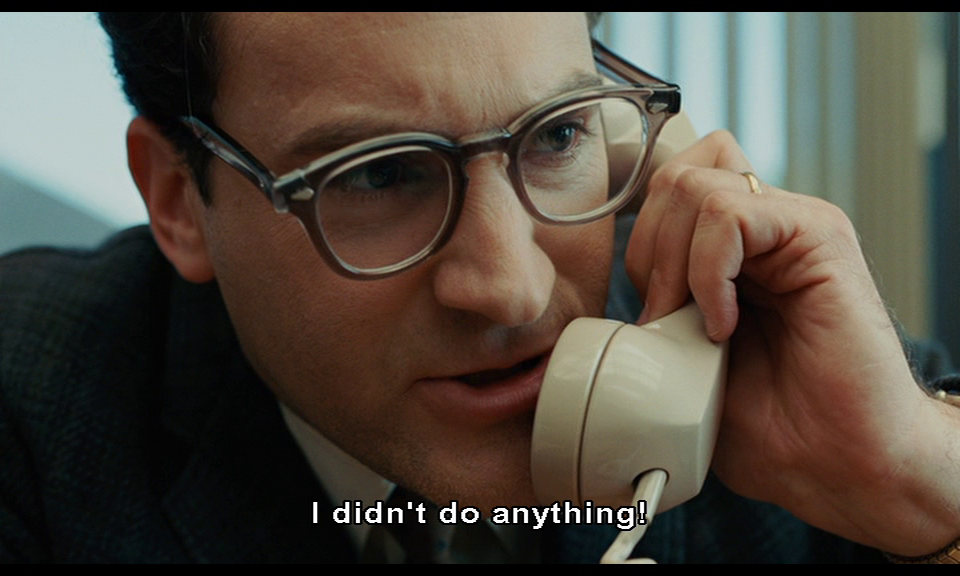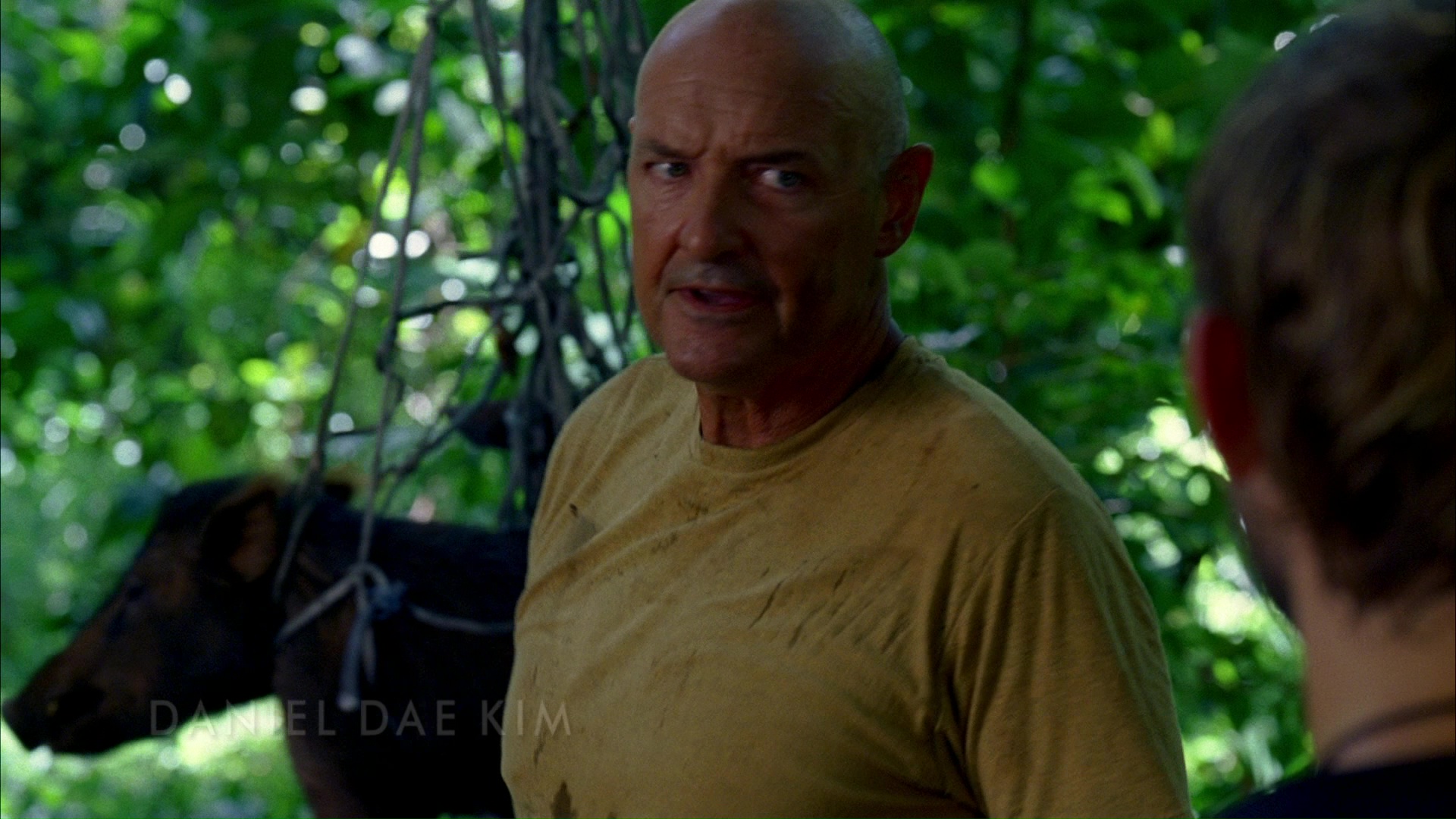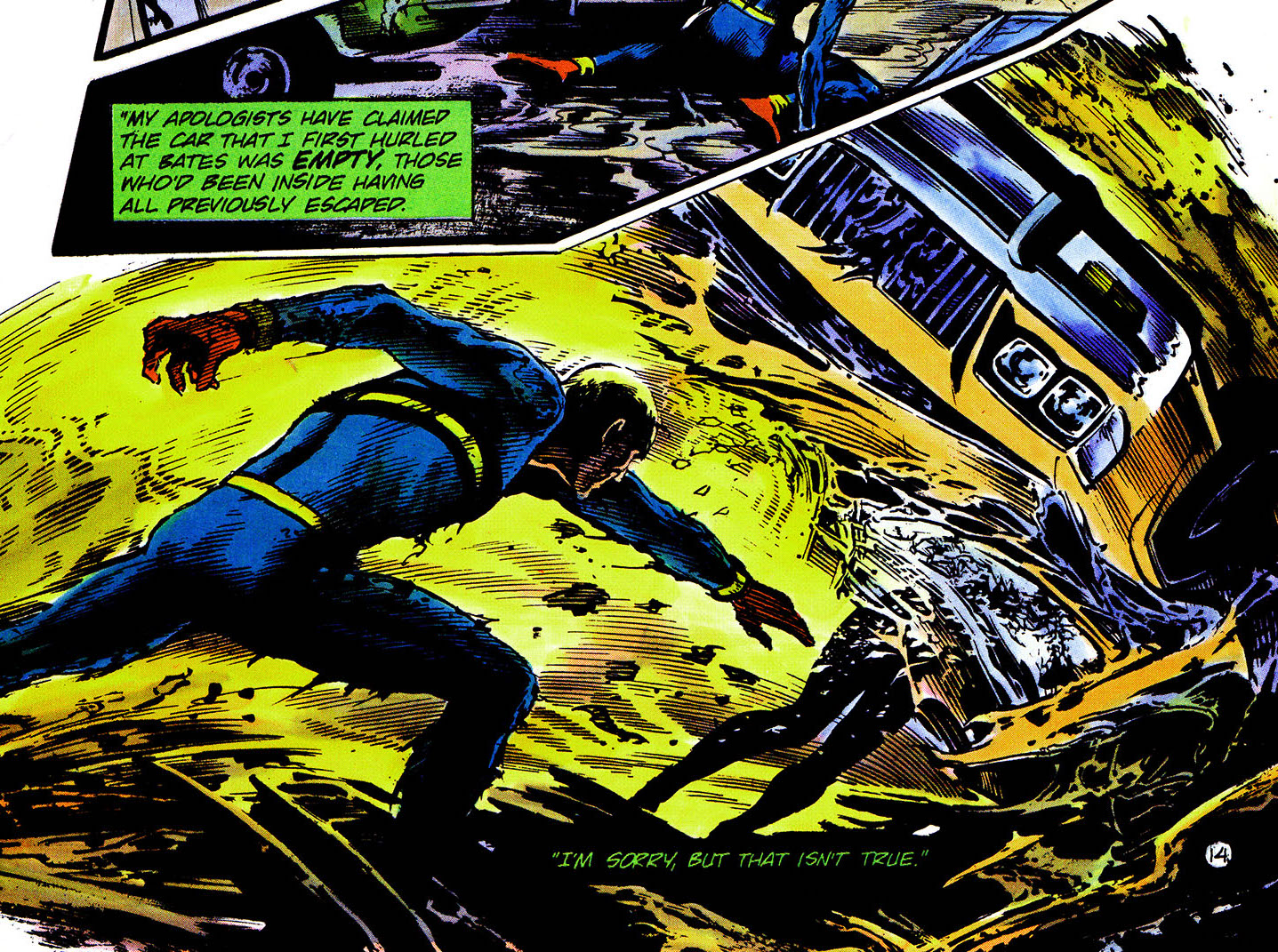“Love is Zero G”: Melora
Both this episode and its titular character are concepts that hail from the early days of Star Trek: Deep Space Nine‘s pre-production. Melora Pazlar was originally going to be Deep Space 9‘s permanent science officer, but she was replaced by Jadzia Dax in part, ironically, for the very reason she has a tough time adjusting to the station in this story: The low-gravity environments she was adapted to proved too time-consuming and expensive to convey on a regular basis. The station, in a very real sense, could not accommodate her; a theme that underwrites this entire episode.
As an episode of television exploring the topical message it takes on, “Melora” is very good. It was put in the best possible hands: Writer Evan Carlos Somers, who served as a Guild intern during Star Trek: Deep Space Nine‘s first season before getting a shot at pitching his own stories in the second, was a wheelchair user himself and pushed for the chance to build a story around a the abandoned concept of a Starfleet officer from a low-gravity planet who had to use a wheelchair to navigate Earth-like environments. Somers also wrote “Melora” as a direct rebuttal of the appalling ableist issues of “Ethics” from the fifth season by showcasing a disabled person who is proud and accepting of who she is and the perspective she brings and doesn’t want to change to suit anyone else.
Understandably given his own perspective, Somers’ treatment is as laudable a depiction of mobility issues as we could expect. This episode always reminds me of a conversation that transpired during one of my seminars while I was still in the university system doing academic work in social studies of knowledge: One of my colleagues at the time was a disability advocate, and during a panel one day the question was posed to him whether “disability” was an appropriate term to use in his work. He felt that, from his experience, both “disabled” and “differently abled” were equally valid terms because while the people in question most certainly were not ashamed by their positionalities and in fact championed them, the infrastructure of modern society is not built with their needs in mind, and they are thus disenfranchised and excluded by it. So in a sense while they are merely “differently abled”, the material realities of modernity also leave them “disabled”. I think this a paradox that Somers captures incredibly elegantly in “Melora”.
Unfortunately, and by his own admission, Somers didn’t give himself enough time to groom his script with the level of care and attention that it really deserved, necessitating a successive series of rewrites by Steven Baum, James Crocker and Michael Piller. Though Melora herself is predictably handled well in Somers’ original draft, the other characters aren’t so lucky. From what I’ve seen of it, Melora actually comes across as a bit of a Mary Sue in it and ends up lecturing the rest of the crew, who seem to have collectively lapsed to a level of ignorance and thoughtlessness about her condition they really ought not to have.…


 Spoilers. And, more broadly, the assumption you’ve seen it.
Spoilers. And, more broadly, the assumption you’ve seen it.
 The moth is the obvious symbol of this story, so let’s start there. Both moths and butterflies are of the same family, Lepidoptera. The species, like many insects, goes through several developmental stages, resulting in complete metamorphosis. After an egg is laid, a larva or caterpillar emerges, which will shed its skin several times as it grows. Eventually it enters a pupa or chrysalis stage, cocooned and stewing in its own juices, and dissolving almost utterly. The imago or adult creature emerges, with wings and antennae, ready to reproduce and begin the cycle anew.
The moth is the obvious symbol of this story, so let’s start there. Both moths and butterflies are of the same family, Lepidoptera. The species, like many insects, goes through several developmental stages, resulting in complete metamorphosis. After an egg is laid, a larva or caterpillar emerges, which will shed its skin several times as it grows. Eventually it enters a pupa or chrysalis stage, cocooned and stewing in its own juices, and dissolving almost utterly. The imago or adult creature emerges, with wings and antennae, ready to reproduce and begin the cycle anew. Charlie’s Heroic Journey: The Call to Adventure
Charlie’s Heroic Journey: The Call to Adventure Let me start by making something as clear as I possibly can.
Let me start by making something as clear as I possibly can.
 Jack, as news of Umberto Eco’s death was breaking last night, Tweeted
Jack, as news of Umberto Eco’s death was breaking last night, Tweeted 

